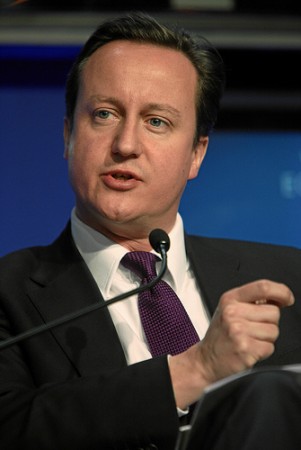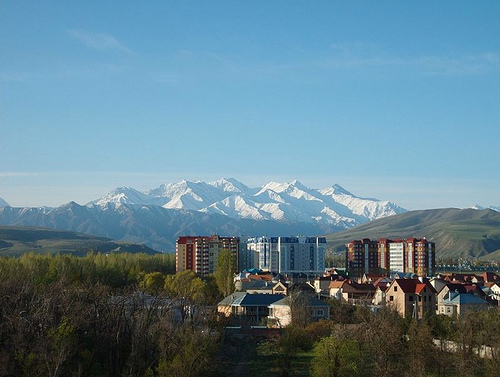
One fine Manic Monday, election campaign strategists of the British Labour Party put out an ad admonishing voters: “Don’t let him [David Cameron] take Britain back to the 1980s.”
But weren’t the 1980s supposed to be The Best of Times?
At least we of Generation Y tend to think so. Back in the 80s, we were not yet so politically aware. Some of us played with Barbie dolls (you guessed it: Girls Just Wanna Have Fun), others practiced the Moonwalk, watched Alf or kept ourselves busy growing mullets – yes, Madonna said so: “Express Yourself“.
Actually, we do not necessarily associate the 1980s with rampant greed, a growing economic gap, poverty, unfettered capitalism, a roll-back of the welfare state and the looming threat of nuclear extinction.
Rather, we think of 80s rock: big hair; Dirty Dancing; a booming stock market; pegged jeans; neon colors; Money for Nothing – all, baby, Hurts So Good!
The New York Times recently commented on Hillary Clinton’s voluminous hairstyle, suspiciously resembling the big bumpy hair donned by women in the (presumably conservative) 80s. And that coming from a Democrat! (But then again, Obama these days is often compared to Ronald Reagan – a Democrat version of the Reagan phenomenon, that is.)
The Tories skillfully responded to the Labour ad, playing on the 1980s nostalgia. They released a slightly modified version of the Labour poster portraying Mr Cameron as Gene Hunt from the BBC’s popular Ashes To Ashes series. Come’on, the 80s weren’t that Bad after all!
So the moral of this campaign flop is: if you want to invoke bad memories of conservative politics in Britain, don’t use the culturally rather successful 1980s to make your point.
I hope Labour has learned its lesson; otherwise, it will turn out to be a very Cruel Summer for Gordon Brown’s party.



